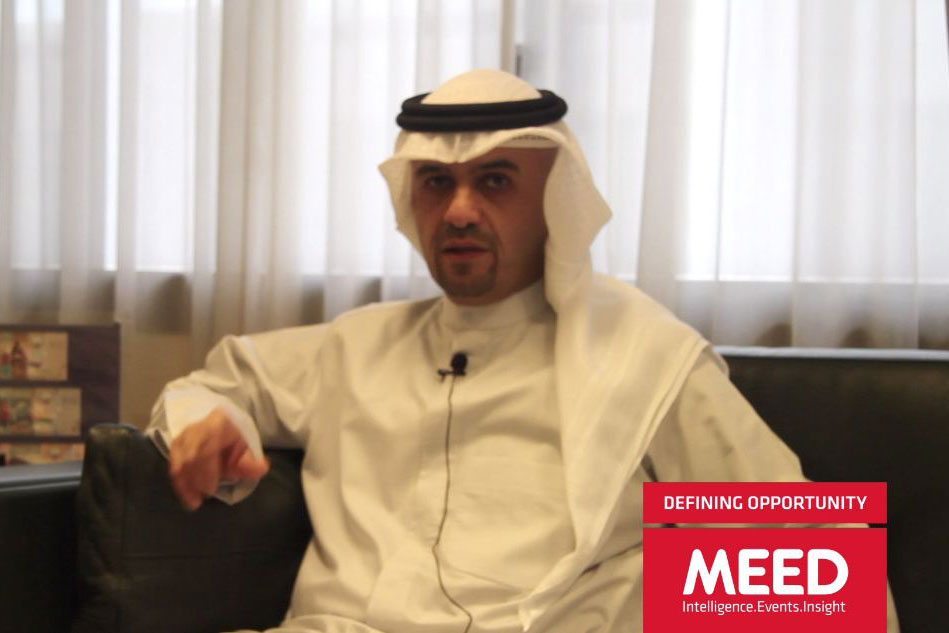

Reforms will continue regardless of oil price, deputy prime minister tells MEED in an exclusive interview
Kuwaits deputy prime minister has said the country will keep investing in its infrastructure, despite the low oil price and the fact that it is running a budget deficit.
Speaking exclusively to MEED at his office in Kuwait City, Anas al-Saleh, deputing prime minister, the minister for finance and also acting oil minister, said: We will continue to spend on our infrastructure projects, as we planned. Weve announced this on more than one occasion.
Al-Saleh added that the country is spending at its highest levels on infrastructure schemes, with it accounting for 16.16 per cent of the total budget. We want to make sure we dont fall into the trap of economic stagnation, because Kuwaits economy depends on government expenditure, he said.
Kuwait will turn to local and international markets to help fund its plans, building its debt management strategy. No finance instruments are being excluded from consideration, Al-Saleh said, adding that the country will use reserves that weve had from the good years, mixed with issuing some sovereign bonds in the local and international [markets]. Capital markets will also be used. Al-Saleh said the reforms being introduced are required regardless of the oil price.
The country is also looking at subsidy reductions and the introduction of value-added tax (VAT) and corporate tax to boost government income.
Subsidies account for 20 per cent of Kuwaits budget, with much of that due to the cost of keeping fuel and electricity prices low. The legislation is expected to be cleared by parliament in the coming weeks.
No timeline has been given for subsidies to be reduced, but for electricity, Al-Saleh said consumer costs would be tiered and depend on consumption. The Ministry of Electricity & Water requires some infrastructure in its plans to be able to deal with those tiers, he said.
Al-Saleh said Kuwait planned to introduce VAT on 1 January 2018, although he added that the window for ensuring all requirements were in place by this date was small.
VAT projections
We have some legislation requirements, said Al-Saleh. We take a decision, but we have to pass it through parliament. And that sometimes requires a longer time, so I hope we can reach [it by] 2018, but I think its a small window there.
Corporate tax is being considered at 10 per cent, but the government wants to first ensure consumers will not be affected by its introduction, and it does not want to make local companies less competitive in the regional market particularly in the GCC.
The tax will apply to all Kuwaiti companies, provided we agree and go ahead with it, Al-Saleh told MEED. This is a suggestion that came out of the [Washington-based] IMF and now it is in due diligence in our offices.
Al-Saleh said a final deadline for the introduction of corporate tax has not been set.
More from MEEDs interview with Anas al-Saleh
You might also like...

Lunate acquires 40% stake in Adnoc Oil Pipelines
26 April 2024

Saudi Arabia's Rawabi Holding raises SR1.2bn in sukuk
26 April 2024

Iraq oil project reaches 70% completion
26 April 2024

Samana announces $272m Dubai Lake Views project
26 April 2024
A MEED Subscription...
Subscribe or upgrade your current MEED.com package to support your strategic planning with the MENA region’s best source of business information. Proceed to our online shop below to find out more about the features in each package.




